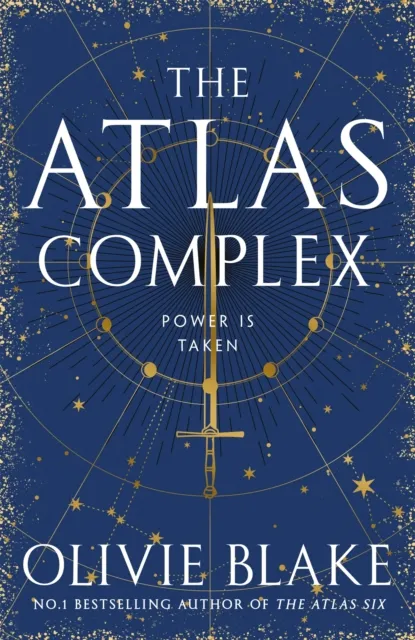‘Why, what is pomp, rule, reign, but earth and dust? And, live we how we can, yet die we must’ What is the true meaning of power? Are some simply born to it or can it be acquired like a skill? Does it always breed corruption and greed or can it be a force for good? From kings to prisoners and from battle-fields to courts, Shakespeare’s peerless understanding of power and its repercussions remains as pertinent today as it has ever been. Selected from Macbeth, Julius Caesar, A Winter’s Tale, Measure for Measure, Henry V, Richard II VINTAGE MINIS: GREAT MINDS. BIG IDEAS. LITTLE BOOKS. A series of short books by the world’s greatest writers on the experiences that make us human Also in the Vintage Minis series: Independence by Charlotte Bronte Injustice by Richard Wright Money by Yuval Noah Harari Love by Jeanette Winterson
William Shakespeare
William Shakespeare was an English playwright, poet, and actor, widely regarded as one of the greatest writers in the English language. He is known for his numerous plays and sonnets, which have had a profound impact on literature and theater. Some of his most notable works include "Romeo and Juliet," "Hamlet," "Macbeth," and "Othello." Shakespeare's writing is characterized by his use of intricate language, complex characters, and universal themes such as love, jealousy, power, and ambition. His works have been translated into every major language and are performed around the world to this day. Shakespeare's influence on literature, drama, and the English language is immeasurable, and his legacy continues to endure centuries after his death. His most famous work is arguably "Romeo and Juliet," a tragic love story that has become a timeless classic.







